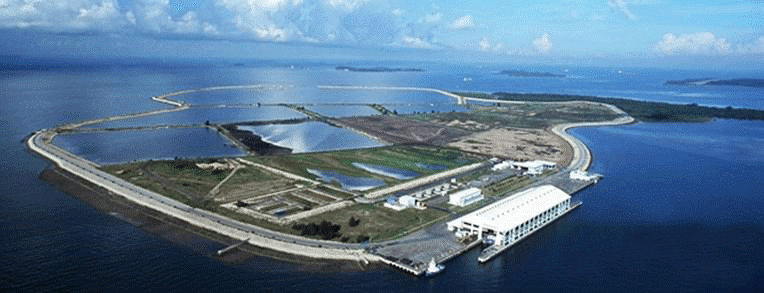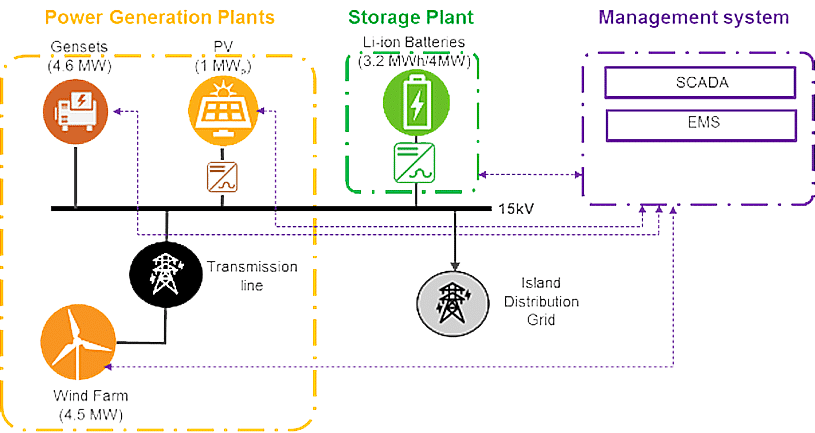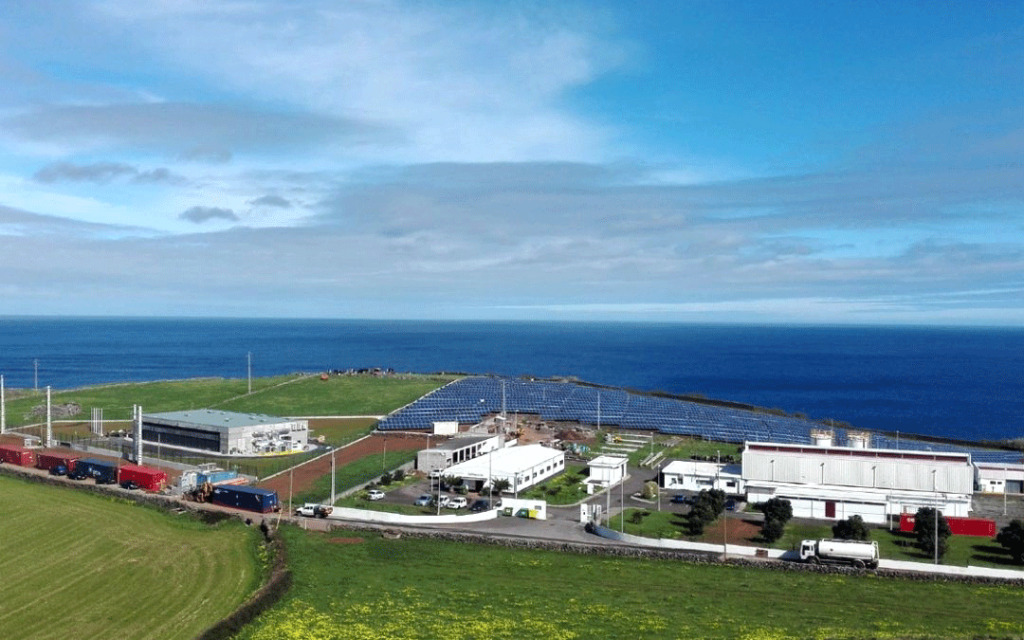Why
Microgrids are pivotal to the energy transition and this is why interest in them, and the number of projects involving them is growing fast. Microgrids come in many forms, however. Since there are huge differences in project size, grid connections, back-up assets, storage capability and RES (Renewable Energy Sources) penetration, a good understanding of the resulting design implications is the key to a successful project. Specialized expertise is crucial to combat problems arising from poor installation which lead to lower-than-expected ROI.
How
ENGIE Laborelec brings together, in one single organization, the full range of microgrid expertise, such as:
- Renewable energies, including wind, solar, hydro, and concentrated solar;
- Battery technologies, including aging tests and optimised battery energy management systems;
- Electricity quality, including power quality measurement, electromagnetic compatibility, switchgear and transformer monitoring.
With its extensive experience and its expertise in every aspect of microgrids, ENGIE Laborelec is ideally placed to provide real-world practical support to project developers wherever they operate.
Microgrid Project Scan
An ENGIE Laborelec Microgrid Project Scan provides a neutral project assessment and highlights any potential risks or problems which could arise during the design, building and operational phases of a project. This early detection prevents potential problems and unforeseen delays during project rollout.

Benefits
- Expertise and experience all in one place
- Independent and multi-disciplinary advice
- Continuing specialized support and follow-through


Reference projects
Several microgrid projects serve as examples of ENGIE Laborelec’s experience in detecting and preventing potential problems, including:
Princess Elisabeth Polar Station (Antarctica): electrical system design and commissioning;
- Graciosa Island (Portugal): assistance on power quality during the design and pre-commissioning phase of a 4.5 MW wind, 1.0 MW solar PV and 2.6 MWh battery project;
- Lérins Islands (France): support on battery selection (300 kWh) and electrical grid design;
- Electric Vine Industries (Papua New Guinea): PV system design review, battery safety testing, and digital tools review (including smart metering, billing, and monitoring);
- Pulau Semakau (Singapore): REIDS 1.0 MW multifluid microgrid demonstrator – SCADA and EMS system design, technology brick evaluation and tendering support, verification of sizing and component specifications.

